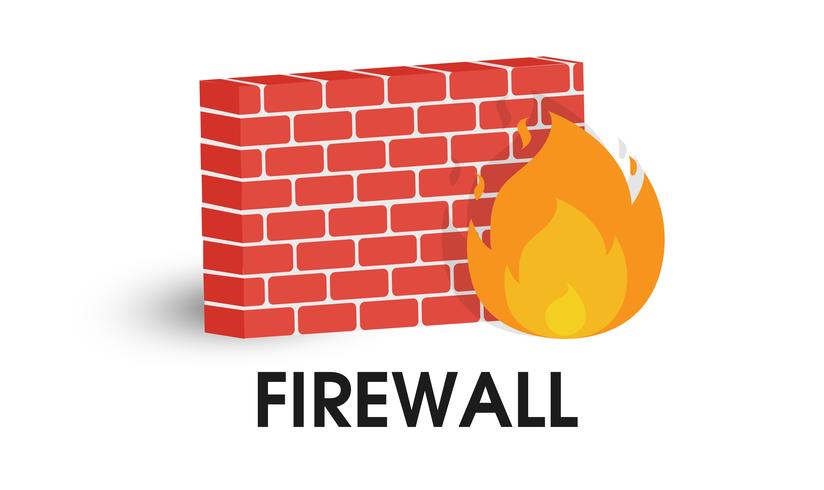What is a Firewall in Network Security?
What is a Firewall in Network Security?
Introduction
English:
The internet connects billions of devices globally, enabling seamless communication and data sharing. However, this connectivity also opens doors to malicious actors aiming to exploit vulnerabilities in networks. A firewall stands as a critical shield, safeguarding systems by filtering and regulating traffic. Understanding firewalls is essential for anyone concerned with cybersecurity, from IT professionals to everyday users.
What is a Firewall?
English:
At its core, a firewall is a security barrier that enforces access controls between different segments of a network. It operates on the principle of allowing trusted communications while blocking untrusted or potentially harmful ones. Firewalls can be implemented as hardware appliances, software applications, or a combination of both.
Firewalls have evolved from simple packet-filtering devices to sophisticated systems capable of inspecting application-layer data, integrating intrusion prevention systems (IPS), and leveraging artificial intelligence for threat detection.
How Does a Firewall Work?
English:
Firewalls operate by analyzing incoming and outgoing data packets. Each packet contains information such as its origin, destination, protocol type, and payload. By examining this metadata, a firewall applies a set of rules to decide whether to allow or block the traffic.
For example, if a network administrator sets a rule to block traffic from a specific IP address or port, the firewall enforces this restriction. Modern firewalls utilize technologies like:
- Stateful Inspection: Monitors the state and context of network connections, ensuring that only legitimate packets associated with active sessions are allowed.
- Deep Packet Inspection (DPI): Examines the contents of packets, not just their headers, to identify malicious payloads or prohibited data.
Types of Firewalls
1. Packet-Filtering Firewalls (Paket Filtreleme Güvenlik Duvarları)
- English: These firewalls analyze data packets based on IP addresses, ports, and protocols. They are efficient but lack the ability to inspect data payloads.
2. Stateful Inspection Firewalls (Durum Tablolu Denetim Güvenlik Duvarları)
- English: They track the state of active connections and ensure only packets associated with legitimate sessions are permitted.
3. Proxy Firewalls (Vekil Sunucu Güvenlik Duvarları)
- English: These act as intermediaries between users and external networks, offering additional layers of security by masking internal systems.
4. Next-Generation Firewalls (NGFWs) / Yeni Nesil Güvenlik Duvarları
- English: They integrate advanced features like application-layer inspection, threat intelligence, and machine learning for proactive defense.
Why Are Firewalls Crucial for Network Security?
English:
Firewalls play a fundamental role in:
- Blocking Unauthorized Access: Preventing hackers from infiltrating networks.
- Safeguarding Business Data: Protecting sensitive customer and organizational data.
- Ensuring Compliance: Helping organizations meet regulatory standards for data protection.
- Reducing Risk: Mitigating the impact of cyberattacks and limiting their scope.
Modern Challenges in Firewall Technology
English:
- Encrypted Traffic: Analyzing encrypted traffic poses challenges for visibility and threat detection.
- Evolving Threats: Addressing zero-day exploits and sophisticated ransomware attacks.
- Cloud Environments: Securing dynamic cloud infrastructures and hybrid networks.
Best Practices for Firewall Management
English:
- Regularly review and update firewall rules.
- Conduct vulnerability assessments and penetration testing.
- Train staff to recognize potential security risks.
Conclusion
English:
Firewalls are indispensable in the fight against cybercrime, serving as a vital component of any comprehensive security strategy. By understanding their capabilities and limitations, organizations can deploy them effectively to protect their assets.
